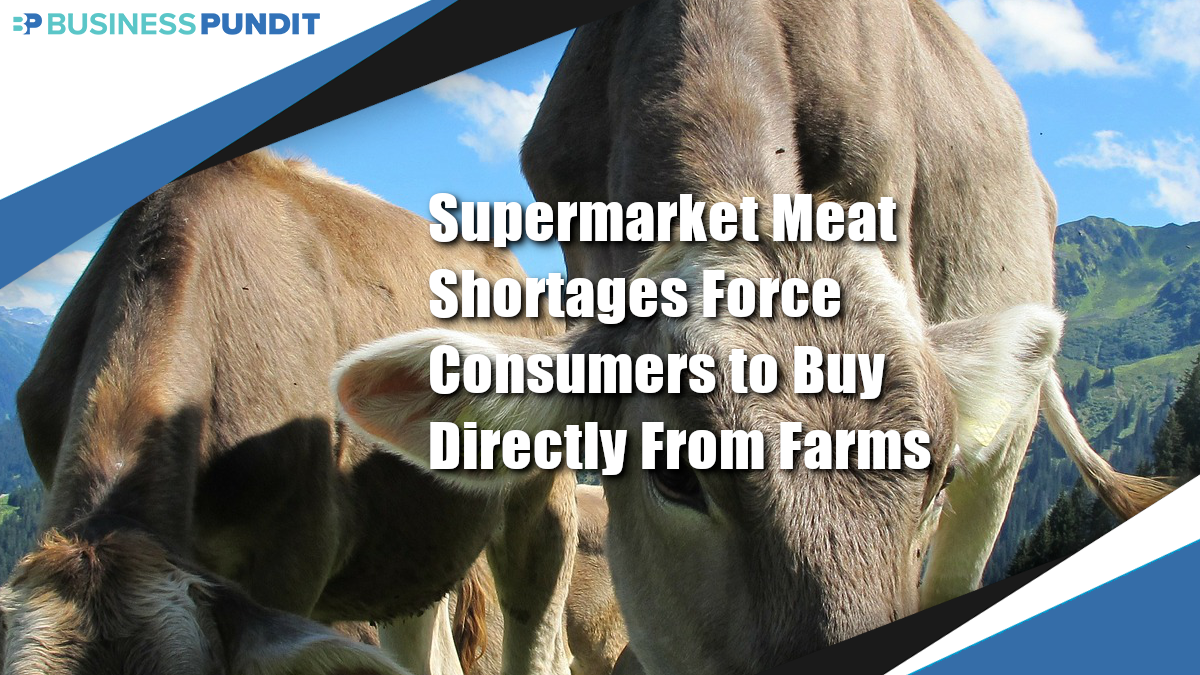
Major meat processing plants in the United States have been heavily impacted by the coronavirus pandemic causing meat shortages and purchasing limits across the country.
Meat Purchasing Limits
Many supermarkets are receiving less meat to sell and are limiting the amount of meat each customer is allowed to purchase.
- Kroger has announced a 2-pack limit on fresh beef, pork and chicken. Kroger Co. also owns Ralphs and Harris Teeter, so those markets have the same limits.
- Costco has already implemented a limit of three beef, pork or poultry products per shopper.
- Sams Club and Hy-Vee are also limiting meat purchases. Other stores will likely follow as the meat shortages continue.
Limited Meat Processing Capacity
According to Tyson Foods, the US now has half the pork processing capacity than before the pandemic. US beef processing is reportedly down by 40%.
President Trump signed an executive order to keep meat processing plants running, but Tyson still expects more meat plants to close due to a large portion of its employees testing positive for COVID-19. The company says it will produce less meat as many workers quarantine at home.
At Tyson Foods’ pork processing plant in Logansport, Indiana nearly 900 workers tested positive for COVID-19. The plant has resumed limited production this week. More than 700 workers at a Tyson factory in Perry, Iowa tested positive, putting 58% percent of its employees out of work.
Where’s the Beef?
In addition to supermarkets running low on meat, more than 1,000 Wendy’s restaurants have no beef items currently on their menus. Wendy’s restaurants in Ohio, Michigan and New York have been heavily affected.
Wendy’s says some menu items are temporarily limited. The restaurants’ will offer beef menu items two to three times a week as meat deliveries come in.
Exploring New Alternatives
Supermarket meat shortages have consumers looking for alternative sources of meat. Farm butcher shops across the country have been receiving many inquiries about buying meat lately. However, some farms are having trouble getting meat processed for sale. Smaller meat processors are overwhelmed with orders since major meat processing plants have slowed production.
Local butchers are having some trouble always getting the supply they need, but because they use different meat suppliers than grocery stores they are able to stay stocked and serve customers, often without limits.
Buying Meat Online
Mail-order meats is not a new concept, but the niche has grown by leaps and bounds in recent years. There are many places to buy meat online and most online butcher shops still have a fantastic selection.
Some shops may have shipping delays due to coronavirus, but most are still delivering on schedule. For people who are looking for high-quality meats, this alternative may become a new favorite way to buy meats.